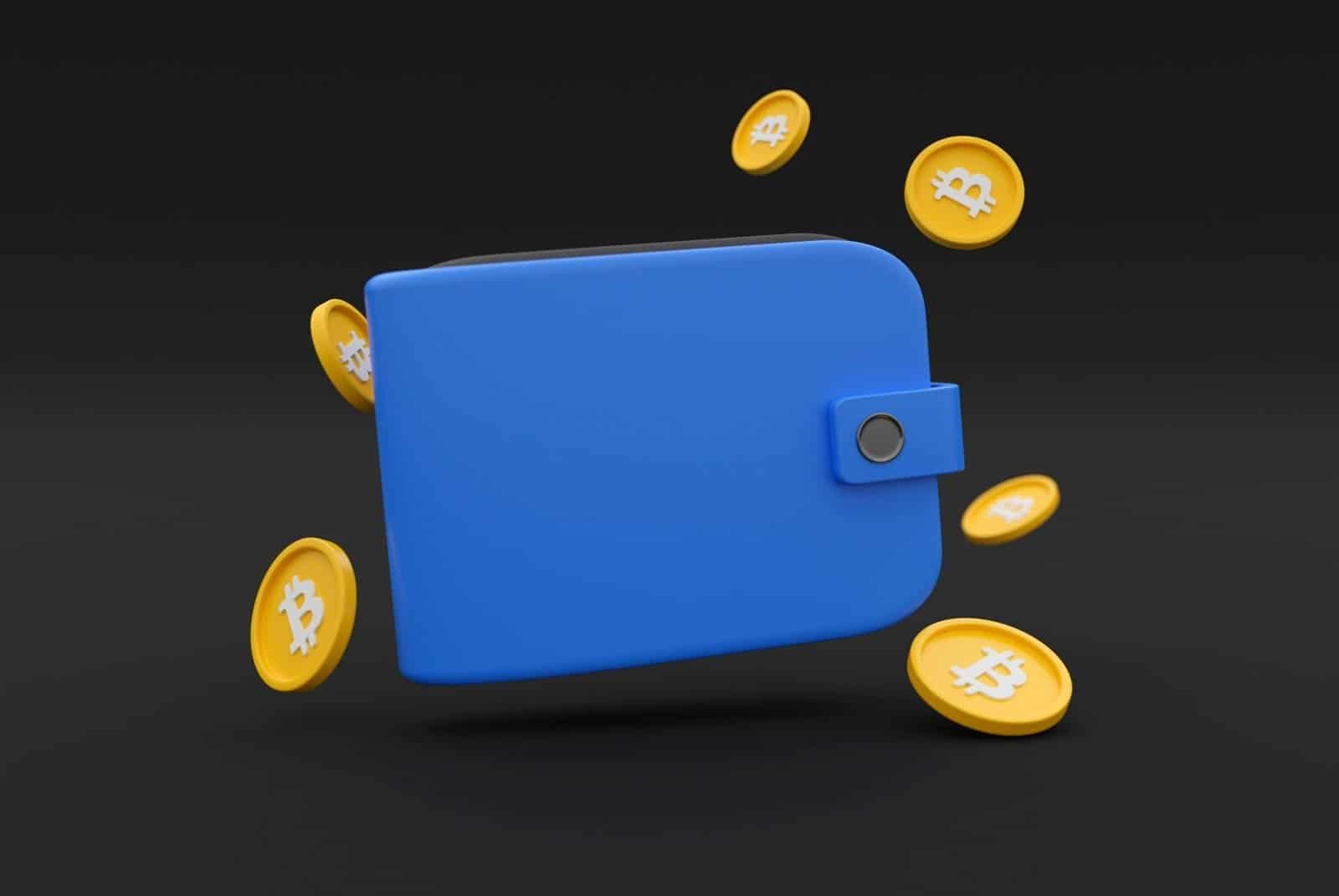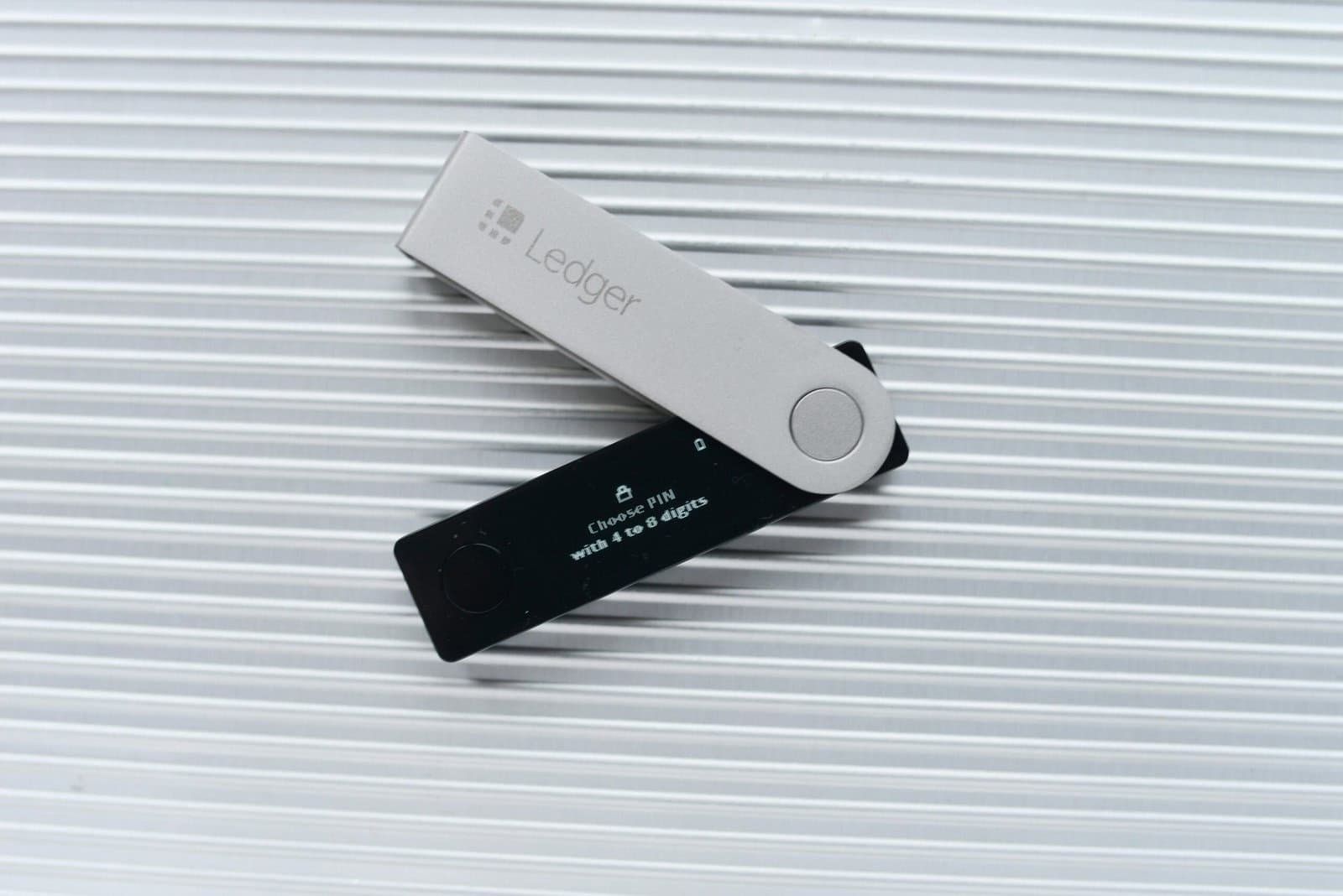Have you ever wondered how to securely store and manage your cryptocurrencies? If you’re diving into the world of digital currencies, you’ve likely come across the term “crypto wallet.” But what exactly is a crypto wallet, and how does it function? Unpacking the intricacies of crypto wallets involves understanding their purpose, types, and functionalities, which might seem a bit daunting at first. Still, with a friendly guide, you’ll soon find they are more straightforward and helpful than they might initially appear.
Understanding Crypto Wallets
Cryptocurrency wallets are vital tools in managing your digital currencies. Unlike a physical wallet that holds cash or cards, a crypto wallet doesn’t store your cryptocurrency itself. Instead, it holds the keys needed to access your digital funds securely. So, what exactly does this mean, and how does this work?
What is a Crypto Wallet?
A crypto wallet is a software program that allows you to store, send, and receive digital currency. It consists of private and public keys that interact with various blockchain protocols to enable transactions. Think of a crypto wallet as a bridge connecting you to blockchain networks.
Table: Basic Terms Related to Crypto Wallets
| Term | Description |
|---|---|
| Private Key | A secret number that allows cryptocurrency to be spent (like a PIN or password). |
| Public Key | A cryptographic code that enables you to receive cryptocurrencies (similar to an account number). |
| Blockchain | A digital ledger where all transactions made with cryptocurrencies are recorded. |
Why Do You Need a Crypto Wallet?
Crypto wallets are essential to securely manage and use your digital assets. They safeguard your cryptocurrencies against theft and unauthorized access. Each wallet also provides the flexibility to engage with the growing ecosystem of decentralized applications and crypto exchanges.

How Crypto Wallets Work
In understanding how crypto wallets work, it helps to break down their roles in transactions and blockchain interaction. Wallets essentially protect your access rights to your cryptocurrency on a global network.
Understanding Private and Public Keys
Your crypto wallet is bound to a pair of cryptographic keys. Here’s how they work together:
Private Key: This functions similarly to a password. It’s your secret key to access and control your cryptocurrencies. It must remain confidential because anyone with access to it can manage your funds.
Public Key: Derived from the private key, this is shared with others to receive funds. It’s like your bank account number that you give out for transactions.
Together, these keys make up your personal address in the crypto world. This interaction allows you to securely send and receive cryptocurrencies without worrying about interception or fraud.
The Role of the Blockchain
Crypto wallets don’t store your actual coins. What they do is interact with the blockchain network to verify transactions. The blockchain records where all specific digital coin data exists, facilitating the operation and integrity of transactions. Your wallet communicates with the network using your keys to ensure each transaction is accurate and processed correctly.
Transactions and Security
When you send cryptocurrency to someone:
- You input their public key into your wallet.
- Your wallet creates a unique transaction signature using your private key.
- The blockchain validates this transaction signature, ensuring that the sender has the right to transfer the specified amount.
- After verification, the blockchain updates the ledger globally to reflect this transaction.
This process underscores the critical importance of keeping your private key secure. Lose it, and you lose control over your assets.

Types of Crypto Wallets
Cryptocurrency wallets come in various forms, each offering different levels of security, convenience, and features. Understanding these types can help you choose the one that best suits your needs.
Software Wallets
Software wallets are applications you install on your computer or mobile device. These are generally easy to use and offer a balance between security and convenience.
Desktop Wallets
These wallets are installed on your personal computer, giving you full control over the security of your funds. They are considered more secure than online wallets because they’re less vulnerable to hacking attempts.
Mobile Wallets
Designed for use on smartphones, mobile wallets are convenient for transactions on the go. They often come with features like QR code scanning for quick and easy transactions.
Online Wallets
These are cloud-based wallets accessible via web browsers. They are often managed by third-party operators and are considered the least secure due to constant internet connectivity, which makes them susceptible to hacks.
Table: Comparison of Software Wallets
| Wallet Type | Security | Convenience | Ideal Use Case |
|---|---|---|---|
| Desktop | High | Moderate | Secure home use |
| Mobile | Moderate | High | On-the-go transactions |
| Online | Low to Medium | Very High | Easily accessible for quick use |
Hardware Wallets
Hardware wallets are physical devices that securely store your private keys offline. They offer top-notch security against hackers and malware since the keys never leave the device and are not exposed to the internet.
Paper Wallets
These are physical documents containing your public and private keys. Paper wallets represent an offline method of cold storage and are impervious to online hacking attempts. The main risk is physical loss or damage.
Comparison of Hardware and Paper Wallets
| Wallet Type | Security Level | Ease of Use | Key Risks |
|---|---|---|---|
| Hardware | Very High | Moderate | Loss/damage of the device |
| Paper | High | Low | Physical loss or fire/water damage |

Setting Up Your Crypto Wallet
Setting up a crypto wallet involves a few steps that will prepare you to start managing your digital currencies securely. Let’s explore the general setup process:
Choosing the Right Wallet
Consider your specific needs, how much you plan to invest, and your tech-savviness when selecting a wallet. If security is paramount, you might lean toward hardware wallets. For ease of use and frequent transactions, a mobile wallet could be your choice.
Installation and Setup
For software wallets:
- Download/Install: Get the wallet application from an official source to avoid malware.
- Backup Recovery Phrase: Some wallets provide a recovery phrase. Write this down securely; it’s crucial if you ever need to recover your wallet.
- Create Your Password: Ensure you use a strong, unique password to protect access.
For hardware wallets:
- Purchase a Reliable Device: Buy directly from a trusted source to ensure authenticity.
- Initialize the Device: Follow the setup instructions to create your PIN and securely write down your recovery phrase.
- Connect to Wallet Software: Use the manufacturer’s software to manage and transfer your cryptocurrencies.
Securing Your Crypto Wallet
Once your wallet is set up, ensuring its security is the next crucial step. Here are some best practices:
- Regular Backups: Keep backups of your crypto wallet data to recover it in case of damage or loss.
- Use Two-Factor Authentication: Enable any available authentication features to add an extra layer of security.
- Secure Your Private Key: Never share your private key; consider storing it offline in a safe location.
- Keep Software Updated: Regular updates often include security enhancements, so keep your wallet software current.

Common Questions About Crypto Wallets
Understanding crypto wallets raises some common questions which we’ll address to demystify them further.
Can You Have Multiple Wallets?
Absolutely, having multiple wallets allows you to segregate funds for different purposes, such as long-term storage versus daily transactions. It also helps in managing risk by not keeping all your assets in one place.
What Happens if You Lose Your Private Key?
Losing your private key means losing access to your cryptocurrency, as the private key is the only way to sign transactions and access your funds. This is why it’s vital to keep it safe and have backups.
Are Crypto Wallets Completely Secure?
While wallets provide substantial security against unauthorized access, they’re not foolproof. Risks like hacking, phishing attacks, and physical damage still exist. However, following best practices for securing your wallet can significantly mitigate these risks.
Do Wallets Support All Cryptocurrencies?
Not all wallets support every cryptocurrency. Some are designed specifically for certain coins or tokens. It’s essential to check wallet compatibility with the specific cryptocurrencies you intend to store.

Conclusion
Navigating the crypto world starts with understanding how to secure your digital assets with a crypto wallet. By now, you should have a solid grasp of what a crypto wallet is, how it operates, and the diverse types available. Whether you’re investing for the long haul or jumping into daily crypto transactions, the right wallet will provide both security and convenience, enabling you to participate confidently in the evolving digital currency landscape. With careful selection and diligent safeguarding, a crypto wallet becomes a crucial tool in your financial toolkit, ensuring that your assets are protected while you explore the exciting possibilities of the cryptocurrency world.
